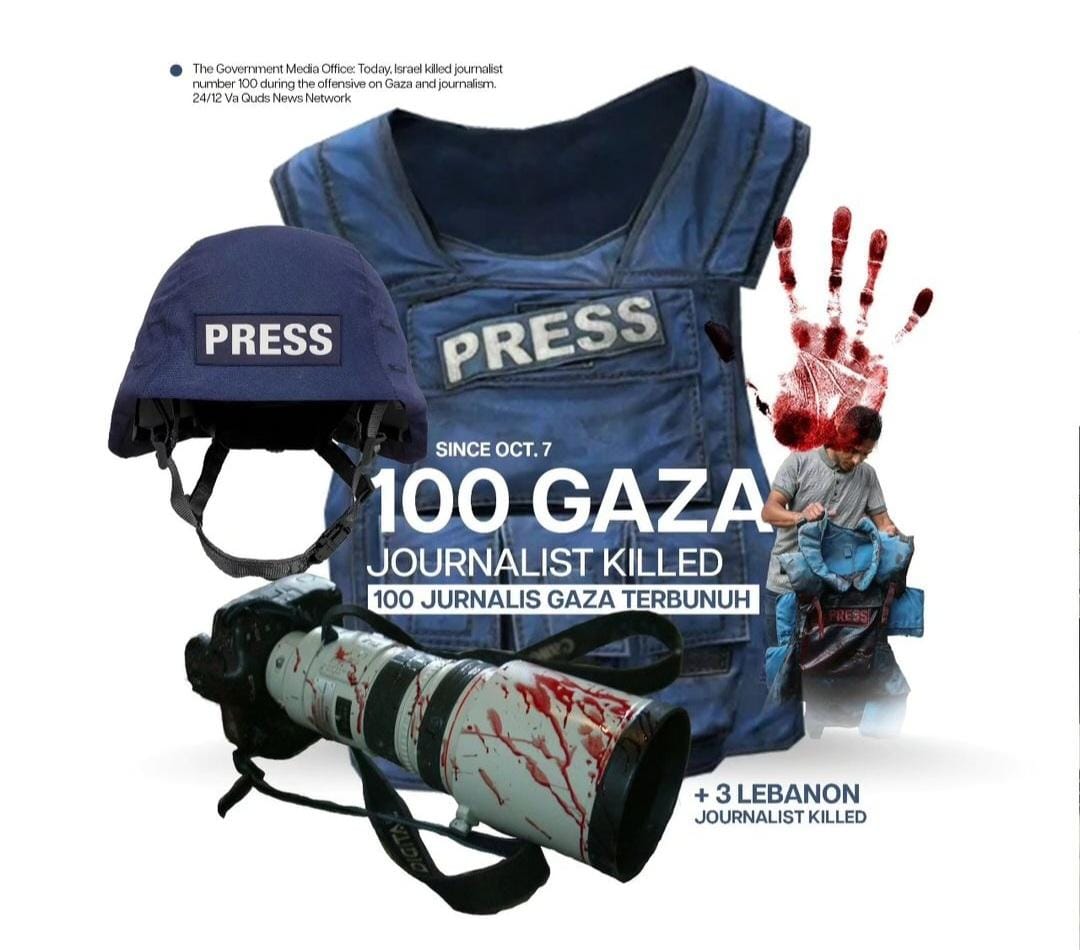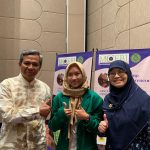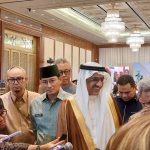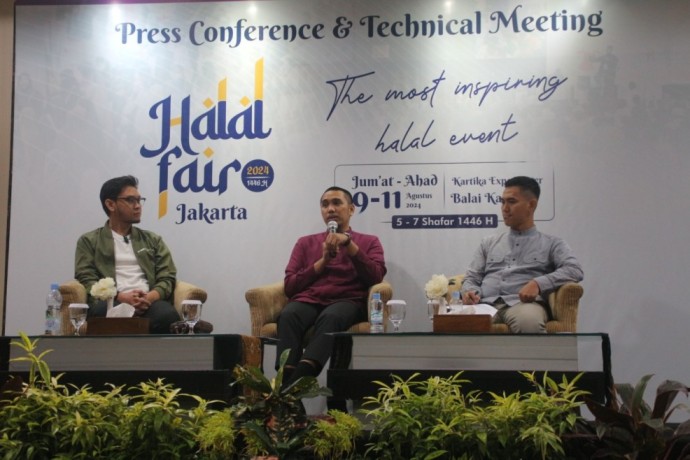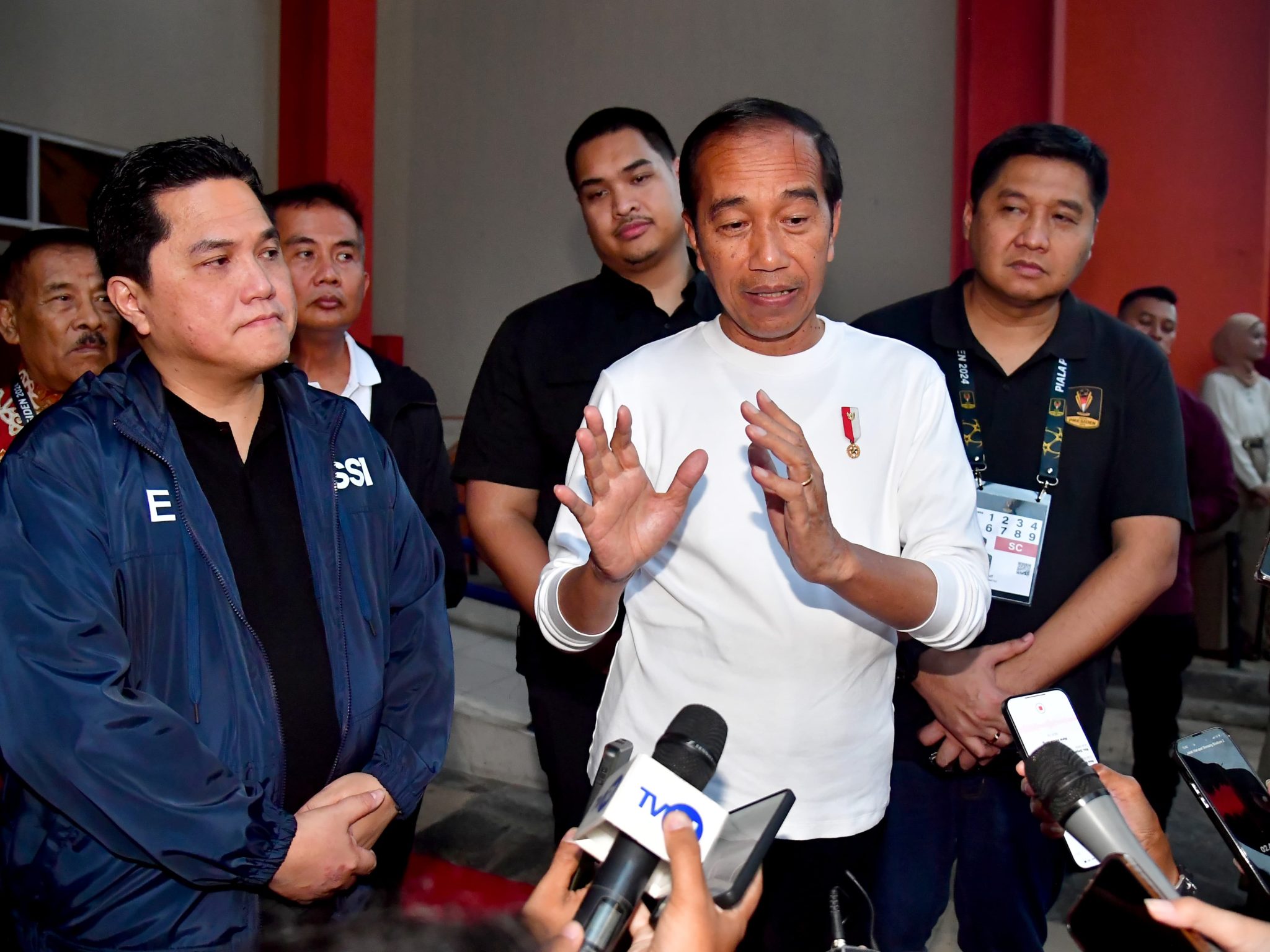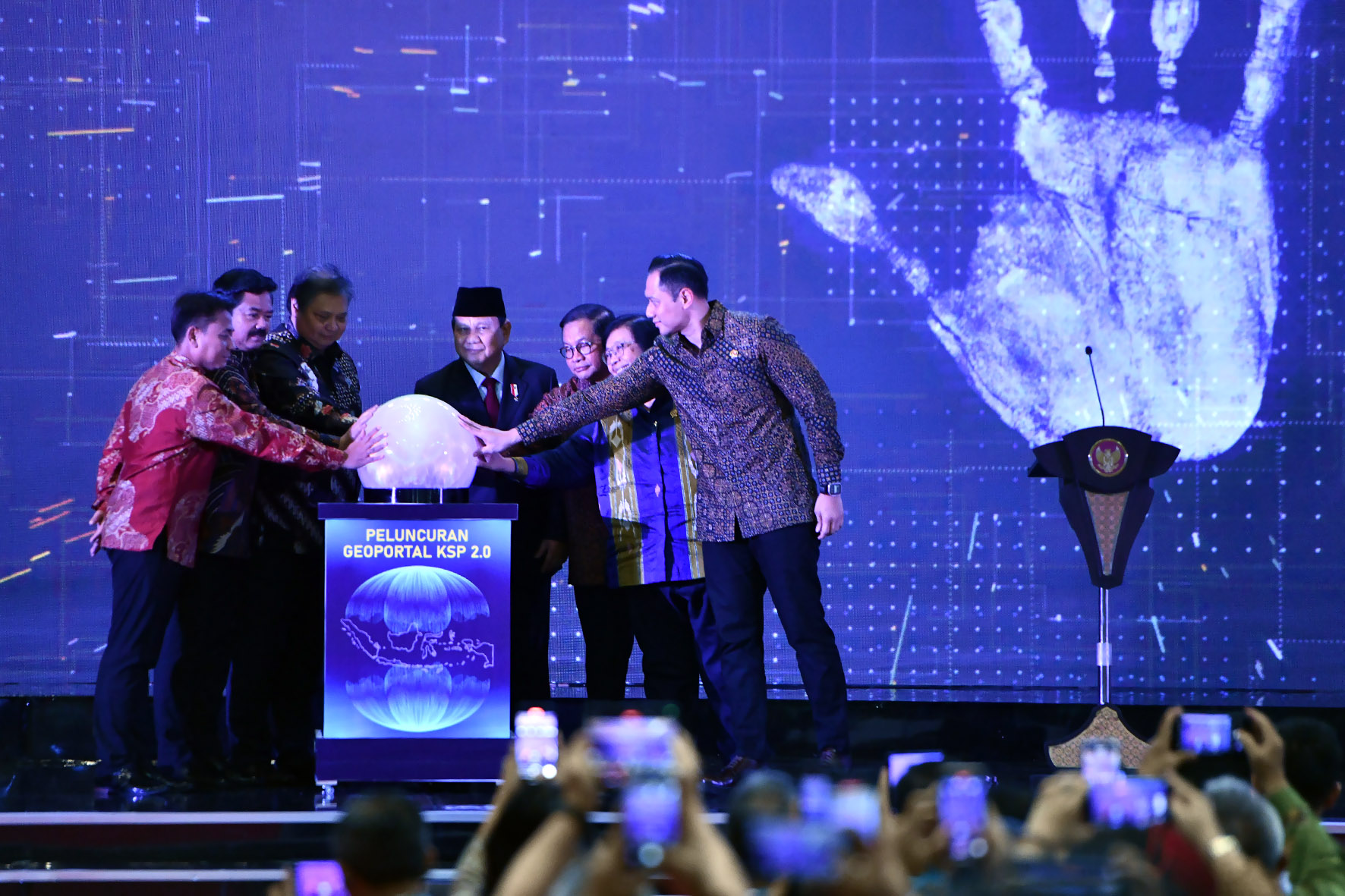By Rana Setiawan, Head of Coverage for the MINA News Agency, Deputy Secretary General of the Indonesian Muslim Journalist Brotherhood (PJMI).
The Palestinian government’s media office publishes the most important statistical updates regarding Israel’s brutality in the Gaza Strip at the end of 2023, especially concerning journalists or reporters who were killed in the war.
At least 106 martyred journalists, both men and women, were killed by the traitorous hands of Israeli military forces during the 84-day brutal war in the Gaza Strip where Israel has attempted attempt to launch colonialism, obscuring the narrative on Palestine and the truth in the war.
The report quoted by the MINA News Agency (Mi’raj News Agency) on December 31, 2023 indicated that an Al-Quds TV journalist was killed in the attack, bringing the number of journalists killed in Gaza to 106 since October 7, 2023.
Today, during the 90 days of war and aggression launched by the Israeli Zionist military, there has been genocide, more than 1,825 attacks targeting civilians, resulting in a total of 26,667 martyrs and missing people.
A total of 19,667 martyrs have been sent to hospitals including 9,100 children and 6,500 women, and more than 56,451 people were injured.
Israeli military authorities have launched non-stop air and ground attacks on the Gaza Strip since October 7, 2023.
Israel’s indiscriminate military onslaught has devastated Gaza, with 60 percent of the territory’s infrastructure damaged and nearly two million residents displaced due to lacks of foods, clean water and medicines.
According to the Committee to Protect Journalists, the war between the Israeli military and the Palestinian resistance movement led by Hamas has been the deadliest conflict for media workers since the organization began calculating statistics in 1992.
In a previous statement, it was stated that Israel deliberately killed journalists in Gaza to silence the narrative on Palestine, hide the truth, and prevent news and information from reaching regional and international public opinion.
We must condemn the murder of journalists and other civilians with impunity and view this as a fundamental violation of international human rights and humanitarian law, including the Geneva Conventions.
The 1949 Geneva Conventions is an international agreement to regulate protection for war victims, including journalists. It states that journalists who take part in armed conflict must be treated as civilians and protected from attacks.
The Convention for the Protection of Journalists in Armed Conflict, is an international agreement adopted by the UN General Assembly in 2015.
The convention strengthens protection for journalists in conflict areas, including protection from attacks, arrests and intimidations.
The Basic Principles for the Protection of Victims of Armed Conflict are guidelines issued by the UN General Assembly in 1977.
The principles state that all people, including journalists, who are not involved in armed conflict must be protected from attacks.
We must express solidarity with all journalists and media workers working in the Gaza Strip who face high risks amid Israeli military operations and barbaric attacks.
The Committee to Protect Journalists (CPJ) is investigating all reports of journalists and media workers killed, injured or missing in the war, which was the deadliest period for journalists since CPJ began collecting data in 1992.
As of December 21, 2023, CPJ’s preliminary investigation showed at least 68 journalists and media workers were among the more than 20,000 people killed since the war began on October 7—with more than 19,000 Palestinians killed in Gaza and the West Bank and 1,200 killed in Israel.
Reporters in Gaza face particularly high risks when they try to cover the conflict during Israel’s ground offensive, including devastating Israeli airstrikes, communications disruptions, food shortages and widespread power outages.
We need to take a moment to remember that these are not just numbers. Each victim has their own name, relatives, loved ones and life story.
The Committee to Protect Journalists maintains a grim record of all those killed, injured or missing.
Those killed included freelance journalists in Palestine who worked for international news agencies, and others who worked for local media there – who had an important role in providing local understanding of what was really happening.
Many died in air strikes on their homes, some with their children and families.
Israeli military forces insist they do not target journalists, but Reporters Without Borders says at least ten people have been killed while covering the story. They become targets of attacks.
Of course the life of a journalist is no more valuable than that of another civilian, and in this violent crisis more than 10,000 people have been killed, and it is not surprising that some of them are journalists.
However, there is ample evidence that journalists have been targeted, harassed, beaten and threatened. The Committee to Protect Journalists’ list shows that Israeli authorities are responsible for most of the incidents.
The International Federation of Journalists has called on Israeli authorities to strictly comply with international law that requires troops to treat journalists as civilians and protect their lives.
The Israeli military has told at least two international news agencies that it cannot guarantee the safety of media staff covering the Gaza crisis.
For this reason, calls must continue to be made to all parties involved in the military operation to immediately stop killings and attacks on all civilians, including journalists working in the Gaza Strip.
Furthermore, calls on the UN Special Rapporteur on the situation of human rights in the Palestinian territories occupied since 1967 must immediately initiate an investigation into these killings and attacks.
We believe the role of journalists in conflict areas is very important in reporting the needs of communities affected by conflicts, and providing accurate and impartial information on what is actually happening on the ground.
This is certainly necessary so that the international community can understand the situation, including the one that has occurred over decades of persecution and human rights violations committed against Palestinians.
Unfortunately, this was only a small hope, considering the enormity of the bloodshed that occurred.
We would all become stupider and the world would become poorer if the massacre of journalists and media workers does not end immediately.
The people and the international community must take a united stance to demand that all use of force cease immediately.
Journalists carry out a noble mission by reporting every event to the world, informing what is really happening, especially as it relates to very serious conflicts, which are directly related to humans and humanity.
That’s why good journalism is more important than ever. Of course no journalist is perfect, but much of their work relies on credibility.
They have well-established professional protocols, which commit them to factual accuracy, independence, right of reply, and so on.
In the process, they provide a level of trust that makes readers and viewers want to continue following them.
Collectively, they aim to create a core of information that is independently reliable and, as much as possible, broadly accurate in a ‘foggy’ crisis like the current one. Without such commitment, journalists would lose their authority and eventually their value.
Citing a statement of Dr. Asep Setiawan, a member of Indonesia’s Press Council and Lecturer in Political Science of Muhammadiyah University, Jakarta, who has been involved in the world of journalism for more than 30 years, regarding the important role of journalists in reporting news in conflicts or wars:
“Journalist reporting history. So the journalist must be at the location when history is being created. Reporting history must be accurate, it must be precise. So reporting history must be honest and accurate. If you write it wrong, the impact would last forever, because history cannot be lost.”
“Secondly, journalists are historical actors, because they are at the location. They are actors who contribute and provide information to the public. Not only do they watch but also report. (This is) very important. Not only do they witness, and report, but also become actors, writers and witnesses to history.”
For the sake of solidarity with Palestinian journalists, brothers in the name of profession and struggle, you are the writers of history. You are not only writers, but also witnesses and historical actors.
End the blockade of Gaza. Stop the genocide in Gaza now!
Reporting by Indonesia Window

